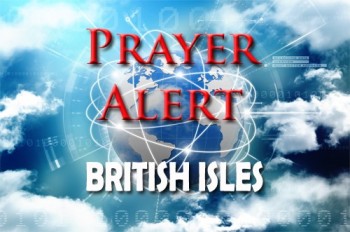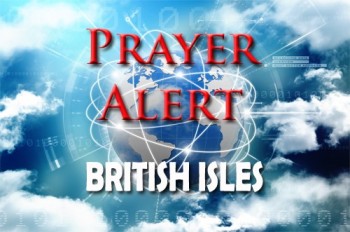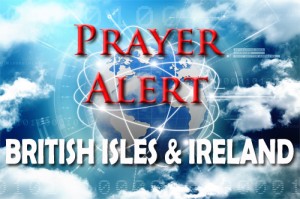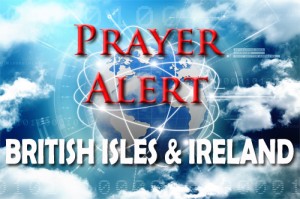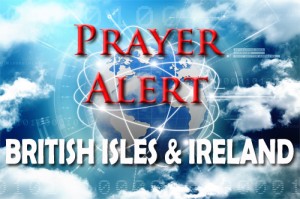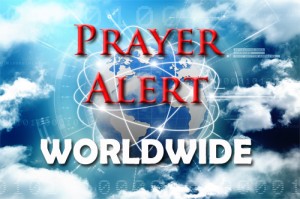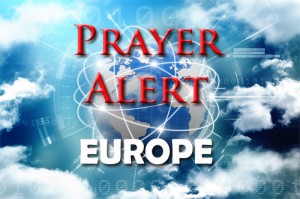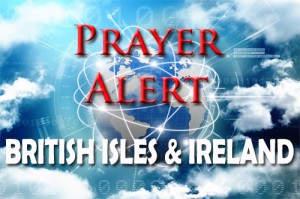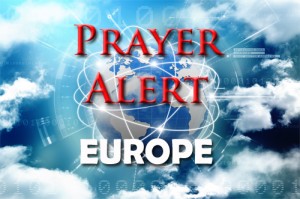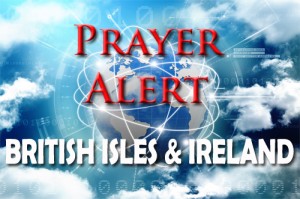Displaying items by tag: Social
Christmas unwelcome guest
As we prepare for a different Christmas, thousands of families will be carrying the mental exhaustion of an unwelcome guest - debt. Debt erodes confidence and brings a whole host of stresses, and strains this festive season. Furlough, income reduction, job losses have all taken their toll. The recent collapse of Debenhams and Arcadia put a further 25,000 jobs at risk, on top of the thousands of jobs already hanging by a thread. Our poorest communities are hit hardest, with little or no savings to fall back on, and are unable to cope with the income shocks that this year has brought. Heating or eating is a brutal choice for many families. Pray that those struggling with financial problems and feeling isolated will realise that they are not alone and there is no shame in needing debt advice. May those needing such advice be put in touch with the agencies who are able to support them.
NHS clinic and gender transition
A 23-year-old woman taking legal action against an NHS gender clinic says she should have been challenged more by medical staff over her decision to transition to a male as a 16-year-old teenager. At the hearing, lawyers will argue that children cannot give informed consent to treatment delaying puberty or helping them to transition. The clinic runs the UK's only gender-identity development service. Pray for the two claimants, Keira Bell and Mum A - the mother of a 15-year-old girl with autism who is awaiting treatment at the clinic. Pray for stricter control of the puberty blockers that pause the development of breasts, periods, facial hair and voice-breaking. They are meant to give children more time to weigh up their options before going through the physical changes of puberty. Their impact on brain development and psychological health is not fully known.
Small talk saves lives
The path to suicide is usually gradual, progressing from suicidal thoughts to planning, then attempting, suicide, and finally death. Mark Harris of the Samaritans recently commented on ways of talking and listening that can help others in crisis. He said that making small talk with a stranger might save their life. Walking up to someone who seems distant or distressed and asking ‘Are you OK?’ or ‘Do you fancy a coffee?’ might be enough to break the chain of suicidal thinking and move them to seek help. He said people should not worry about saying the wrong thing. Often, someone in crisis is looking for an intervention and saying something, however small or seemingly silly, is better than walking on by. ‘By asking questions you are eliciting a response from someone, and you are at once engaging with them.’ In 2016, there were 4,941 suicide deaths in England and Wales - but a much larger number consider taking their own lives. See
Children allowed to make life-changing decisions
On 1 January a petition calling for the banning of medical intervention to change gender surgically or medically by hormones for people below the age of 18 was sent to the Department of Health and Social Care. Responding to the petition on 20 February, the department appears not to have changed its policy, stating that a person under 16 is competent to give valid consent to a particular intervention if they have sufficient intelligence to enable them to understand fully what is proposed. There are no such sentiments when it comes to protecting under-18s from making choices they might in the future regret with regard to purchasing tobacco and alcohol; also, sex under the age of 16 remains a criminal offence.
Synod: Down's Syndrome abortions
CofE leaders are concerned that a growing number of parents who discover their child will be born with Down’s Syndrome are choosing to terminate the pregnancy, a pattern which could see such children wiped out completely. The General Synod next week will debate a call to regulate providers of non-invasive prenatal testing, a relatively new test for the condition which carries no risk of miscarriage, unlike older procedures. The Church said that women should be provided with ‘comprehensive, unbiased information’ by doctors and test providers. In a document entitled Valuing People with Down’s Syndrome, the Church warned that the test might lead to major reductions of Down’s Syndrome live births. Iceland and Denmark have screening and almost 100% termination rates. Currently there are unregulated websites offering a blood test for a few hundred pounds, with no context or information about the prospects for someone with Down's Syndrome. See also
A 2009 prayer still relevant worldwide
The following is a shortened version of a prayer given at the opening session of the Kansas Senate. ‘Heavenly Father, we ask your forgiveness and seek your direction and guidance. Your Word says, “Woe to those who call evil good”, but that is what we do. We have lost spiritual stability and reversed our values. We ridicule the truth of Your Word and call it pluralism; we worship other gods, calling it multiculturalism; we endorse perversion, calling it alternative lifestyle; we exploit the poor, calling it a lottery; we reward laziness with welfare; we kill our unborn, calling it choice; we neglect disciplining our children, calling it building their self-esteem; the abuse of power is called politics; we embezzle public funds, calling it expenses; and we call bribery ‘sweets of office.’ Coveting others’ possessions is called ambition, and pornography is called freedom of expression. We ridicule our forefathers’ values, calling it enlightenment. Search us, O God, and know our hearts; cleanse us from every sin and set us free. Amen!’
Germany: migrants and rise in violent crime
Research commissioned by the government suggests that migrants may be responsible for most of Germany's rise in violent crime. Researchers say the findings are not surprising because many migrants are single males aged 14-30. This group is most likely to commit crime, irrespective of nationality. Migrants are twice as likely to be reported to police for alleged violent crimes as German nationals, and a third of all victims of violent crimes by migrants are other migrants. The report comes as Chancellor Angela Merkel's centre-right CDU/CSU, after its poor showing in the recent election, prepares for coalition talks with the centre-left SPD. Over a million migrants and refugees, fleeing war and abuses, have entered Germany through the open-door policy, which has led to tensions at home.
People to pick their own gender?
The Government is planning to reform gender identity rules to make it easier for people to choose their own gender in law. Under plans being considered by ministers, adults will be able to change their birth certificates at will without a doctor’s diagnosis, while non-binary gender people will be able to record their gender as ‘X’. Changes to the law will be consulted on and will ultimately be included in a planned Gender Recognition Bill, set to be published in the autumn. Under current laws, established in 2004, a person who wishes to transition must apply for a Gender Recognition Certificate. This requires a doctor's diagnosis of gender dysphoria and the person must spend two years of living as a member of the opposite gender.
Greece - Unaccompanied child refugees detained
The number of unaccompanied child migrants living in ‘dirty’ Greek detention centres has increased ‘alarmingly’, said Human Rights Watch. 117 were in police cells or custody centres in Greece at the end of July, compared to just two last November. Under Greek law the authorities should separate vulnerable minors into safe accommodation, where they are appointed guardians who represent them in legal proceedings. However, when there’s no room in safe shelters the authorities lock them in dirty, crowded police cells and immigration detention facilities, sometimes with unrelated adults, instead of being cared for.
NHS: Drink deaths surge in Scotland
Alcohol deaths are at their highest level since the peak of the recession. Health boards that have slashed funding for problem drinking are the worst hit. Six of the seven Scottish health boards cut spending on Alcohol and Drug Partnerships by around £700,000 last year, causing a surge in the number of people dying as a result of alcohol abuse. NHS Lanarkshire, which cut funding by 10% in 2016/17 experienced a 14% year-on-year increase in alcohol-related deaths, the highest number in the region for a decade. The statistics, produced by the National Records of Scotland, exclude suicides and accidental deaths where alcohol may have played a part. Public Health Minister Aileen Campbell said, ‘I will be refreshing our Alcohol Strategy later this year’ and promised to consider taking steps to tackle alcohol-related harm.
